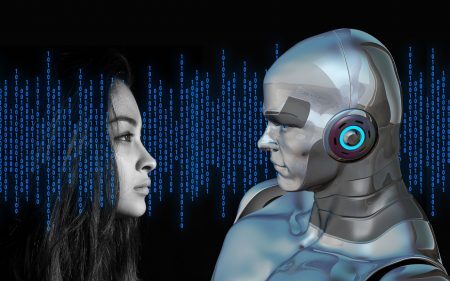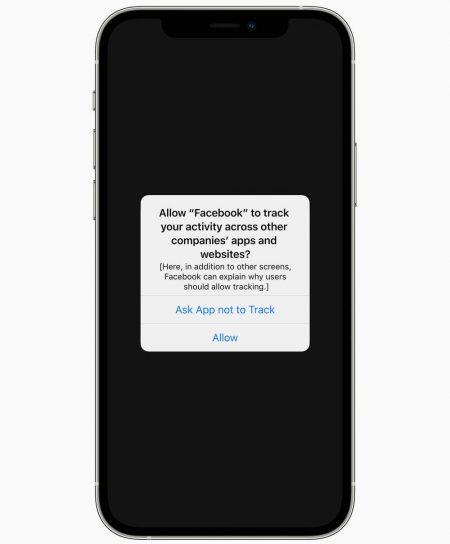Ancient humans stored information in cave paintings, the oldest we know of are over 40,000 years old. As humans evolved, the…
Browsing: The Conversation
The ABC’s latest Four Corners report is an investigation into how video games are “deliberately designed to get people hooked”. It…
Have you ever wondered what flirting with artificial intelligence would look like? Research scientist and engineer Janelle Shane has given…
The online world is continuously expanding — always aggregating more services, more users and more activity. Last year, the number…
You decide to call a store that sells some hiking boots you’re thinking of buying. As you dial in, the…
For most people, getting to the stars is nothing more than a dream. On April 28, 2001, Dennis Tito achieved…
Apple users across the globe are adopting the latest operating system update, called iOS 14.5, featuring the now-obligatory new batch of emojis.…
Contact lenses are the result of an accidental discovery made during the Second World War. Ophthalmologist Harold Ridley noticed that…
The EU looks set to ban some of the most concerning forms of artificial intelligence (AI), such as the “social…
Science is about big ideas that change the world. But sometimes, big impacts come from the tiniest of objects. Nanotechnology…










